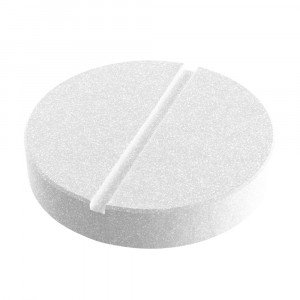 Welcome
Welcome
“May all be happy, may all be healed, may all be at peace and may no one ever suffer."
- A
- B
- C
- D
- E
- F
- G
- H
- I
- J
- K
- L
- M
- N
- O
- P
- Q
- R
- S
- T
- U
- V
- W
- X
- Y
- Z
Betahistine Dihydrochloride - Brands
Betahistine is a histamine analog that was developed following successful parenteral use of histamine in patients with Meniere's Syndrome. Betahistine relieves vertigo symptoms by improving circulation in the microvasculature of the inner ear which leads to a pressure reduction on the membranous labyrinth and relieves the symptoms of Meniere's disease.
The mechanism of action of betahistine is multifactorial. Meniere's disease is thought to result from a disruption of endolymphatic fluid homeostasis in the ear. Betahistine mainly acts as a histamine H1-receptor agonist. The stimulation of H1-receptors in the inner ear causes a vasodilatory effect leading to increased permeability of blood vessels and a reduction in endolymphatic pressure; this action prevents the rupture of the labyrinth, which can contribute to the hearing loss associated with Ménière's disease. Betahistine is also purported to act by reducing the asymmetrical functioning of sensory vestibular organs and increasing vestibulocochlear blood flow, relieving symptoms of vertigo.
In addition to the above mechanisms, betahistine also acts as a histamine H3-receptor antagonist, increasing the turnover of histamine from postsynaptic histaminergic nerve receptors, subsequently leading to an increase in H1-agonist activity. H3-receptor antagonism elevates levels of neurotransmitters including serotonin in the brainstem, inhibiting the activity of vestibular nuclei, thus restoring proper balance and decreasing vertigo symptoms.
To be happy, beautiful, healthy, wealthy, hale and long-lived stay with DM3S.
